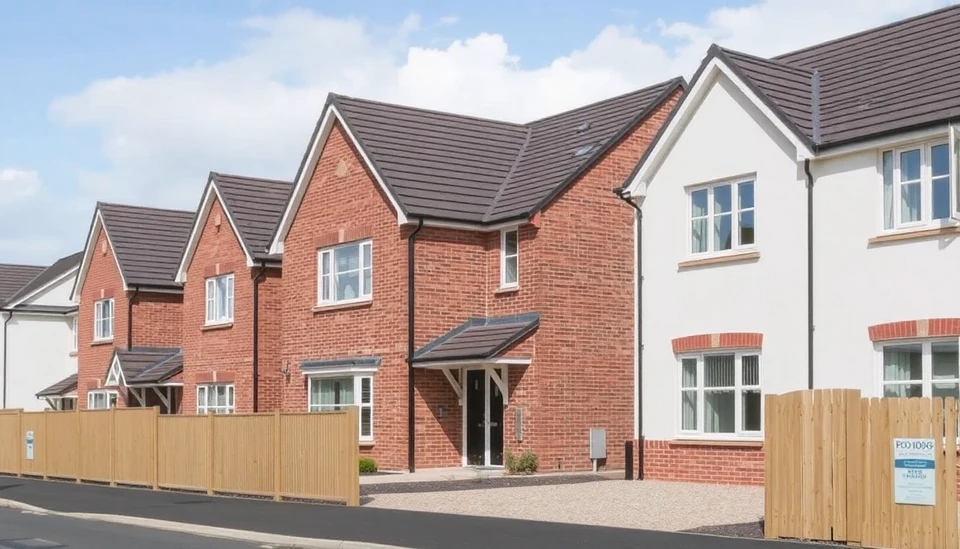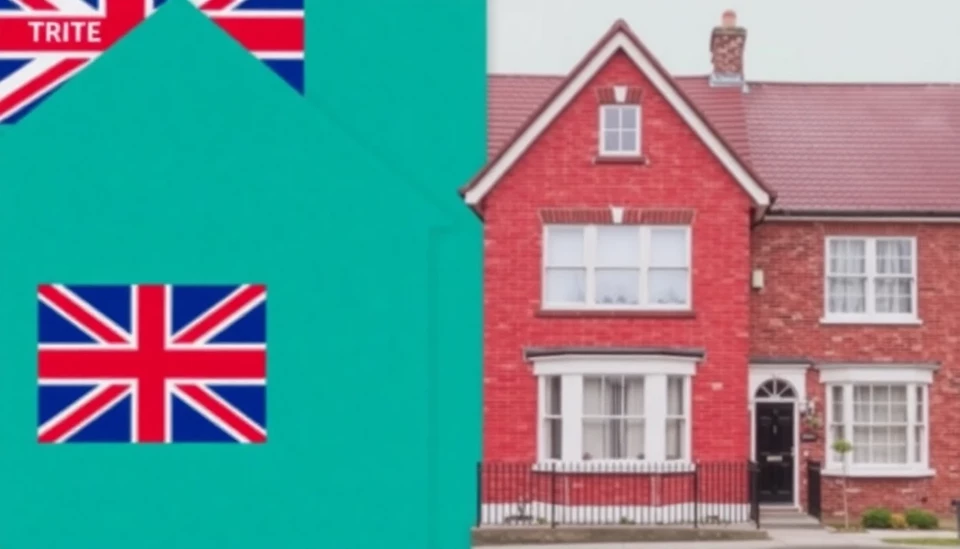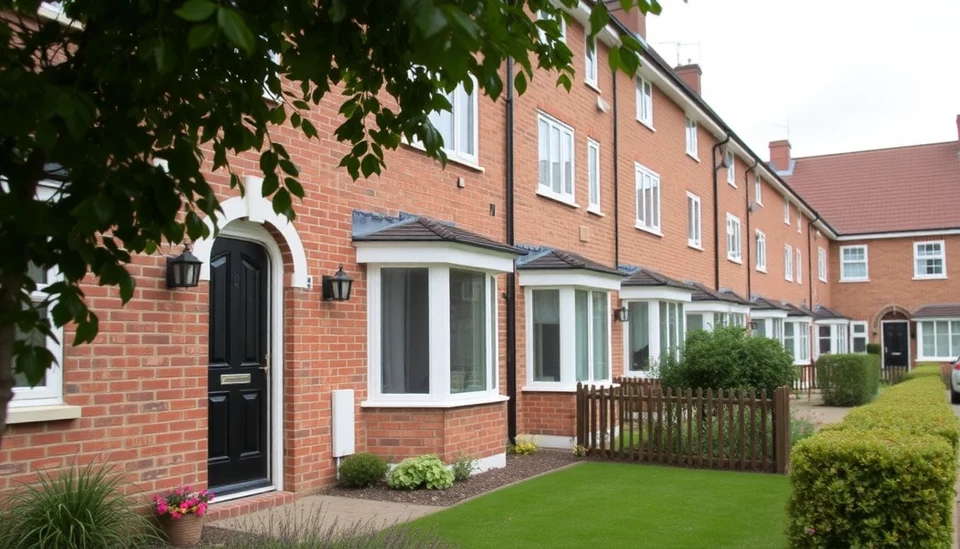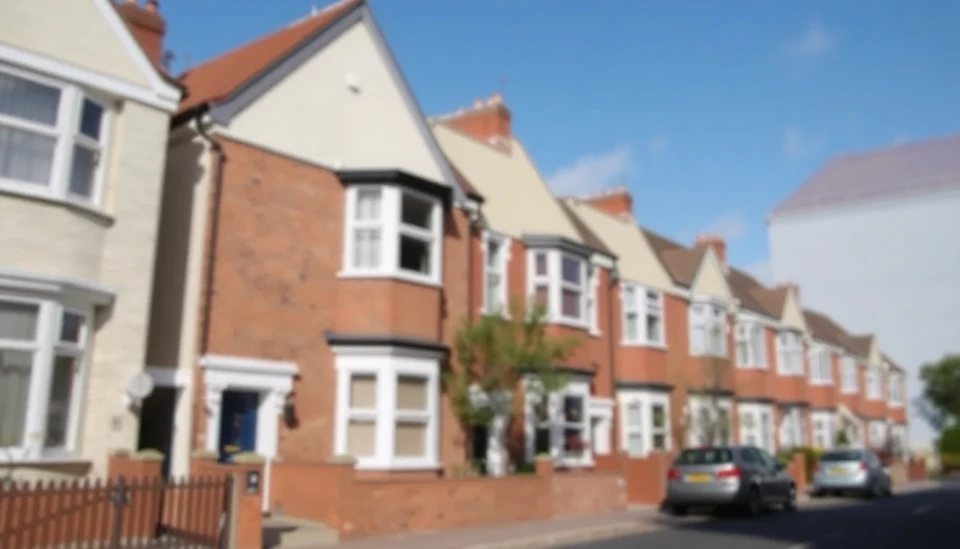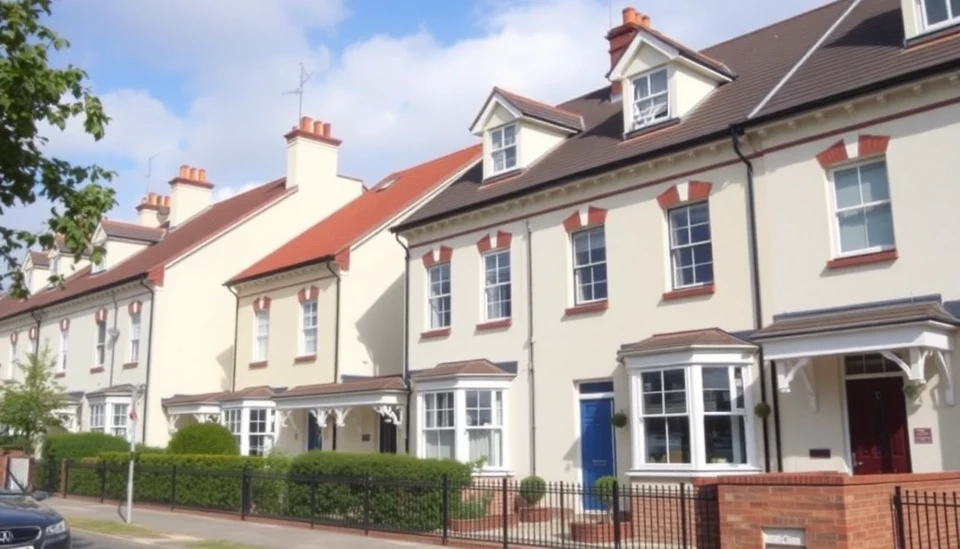
In a major shift aimed at addressing the ongoing housing crisis, the UK government has announced a new tax for individuals purchasing second homes. This decision marks a significant change in the landscape of property investment, particularly impacting those who own or are considering acquiring additional residential properties.
The new policy will impose a financial burden on second home buyers, as the government seeks to curb speculative purchases that have been contributing to steep property price increases. The measure is a part of the broader initiative to stabilize the housing market and make homeownership more accessible to first-time buyers. By introducing this tax, officials hope to discourage market practices that have rendered home ownership out of reach for many people.
Along with the introduction of the new tax, the government has decided to phase out the existing relief on stamp duty, a tax that has previously provided a buffer for home buyers. The relief has been instrumental for many individuals in making home purchases more affordable but will no longer apply to second home acquisitions. This move is expected to have a ripple effect on the housing market, changing the way buyers approach both second home purchases and investment properties.
Real estate analysts predict that the withdrawal of stamp duty relief could immediately impact demand for second homes, as potential buyers recalibrate their financial strategies in light of the new tax landscape. While first-time buyers may benefit in the long run as property prices stabilize, current homeowners contemplating purchasing additional properties may think twice in the face of the increased tax burden.
Critics of the government’s decision argue that it could discourage investment in the housing sector, ultimately leading to fewer rental properties available. Supporters of the move counter that it's essential to prioritize the needs of primary home buyers under the current housing crisis, where the imbalance between demand and supply continues to escalate.
The government’s decision is part of a broader strategy that includes other measures to improve housing accessibility, including increased funding for affordable housing construction. Officials remain committed to developing solutions that address the housing disparity in the UK, but this new tax policy represents a considerable departure from previous approaches focused on stimulating market activity through incentives.
As the government prepares for the tax's implementation, stakeholders from various sectors, including real estate agents, property developers, and current homeowners, are bracing themselves for the changes. The landscape of the UK property market is set to undergo a transformation that may redefine the investment strategies of many, with immediate effects likely to be felt upon the announcement’s formal execution.
In summary, the new tax on second home acquisitions, coupled with the removal of stamp duty relief, marks a monumental shift in the UK’s approach to property investment, aiming to prioritize first-time buyers as the country navigates a pressing housing crisis.
As the deadline for implementation approaches, many in the property market will be watching closely to see how these changes will affect housing trends and whether they will, indeed, facilitate a more accessible home buying experience for all.
#UKHousing #RealEstate #SecondHomeTax #StampDuty #HousingCrisis #PropertyInvestment #HomeOwnership #InvestmentStrategies #AffordableHousing
Author: Samuel Brooks
